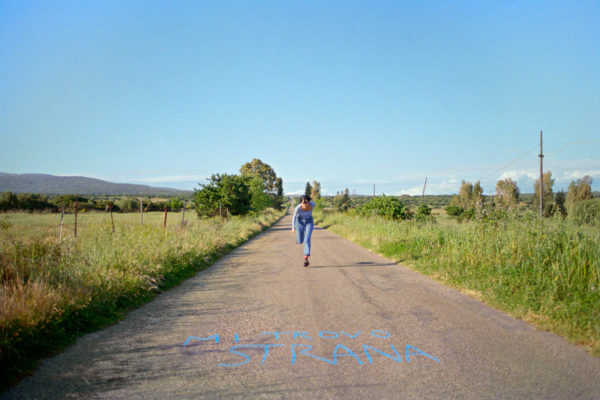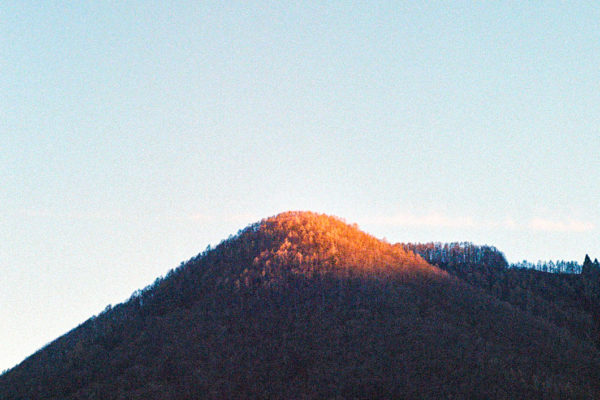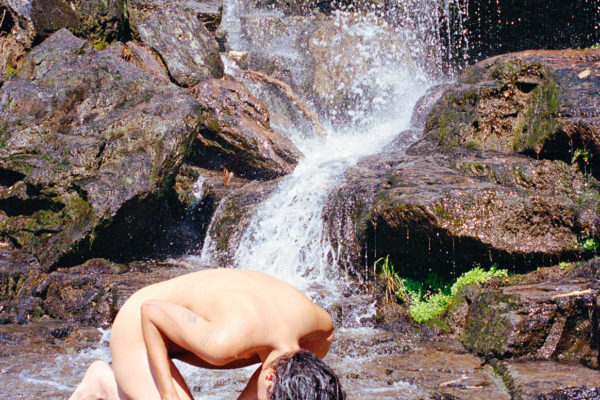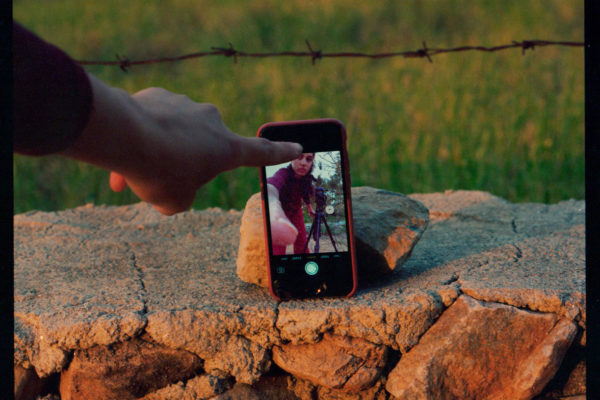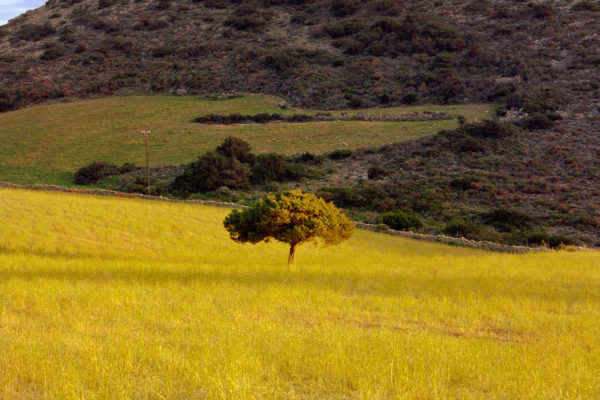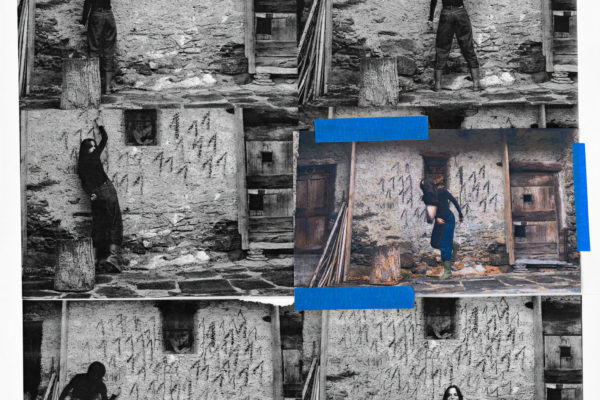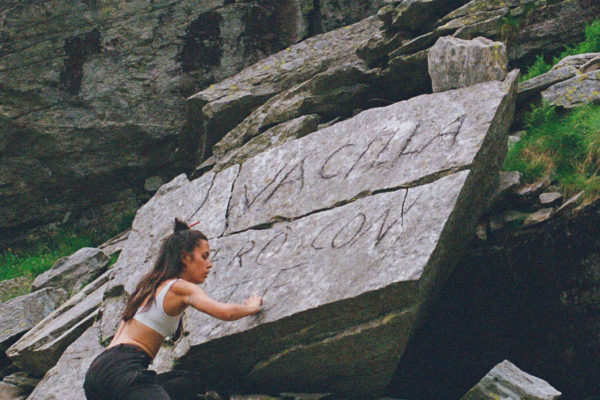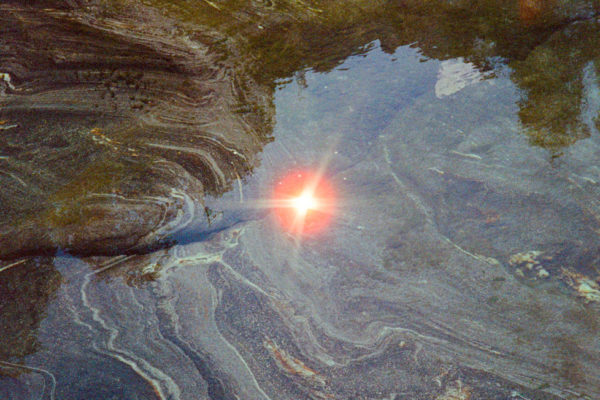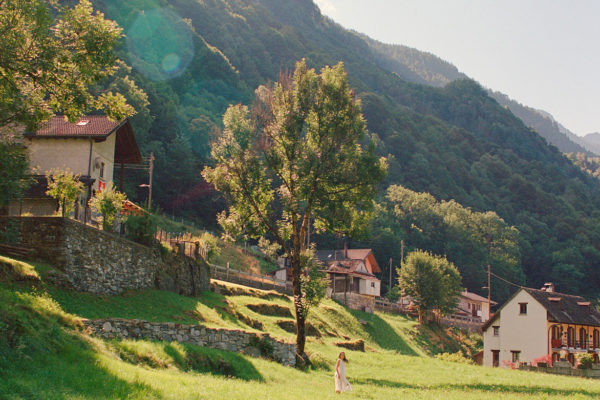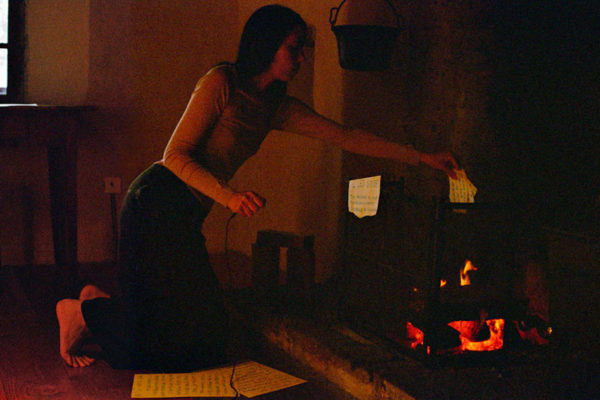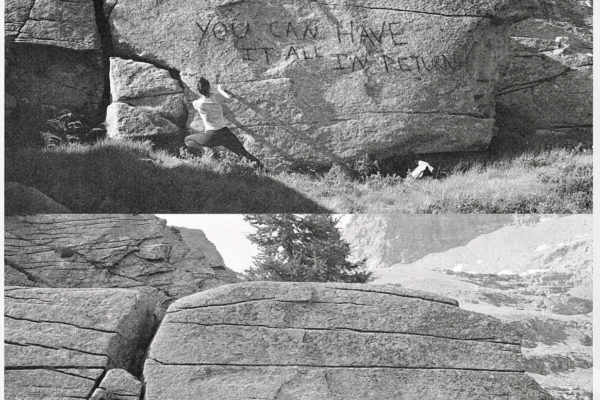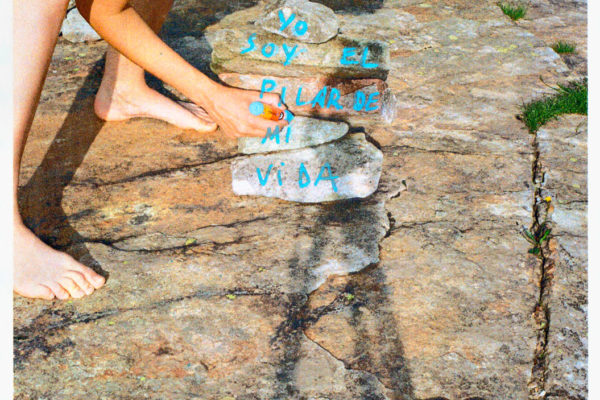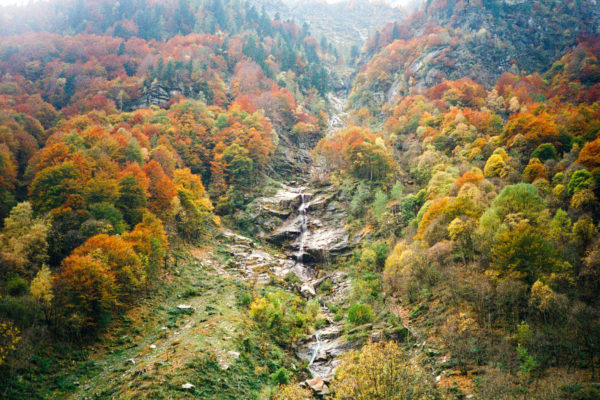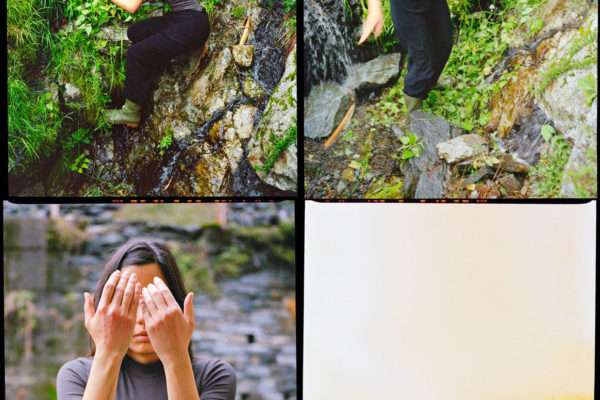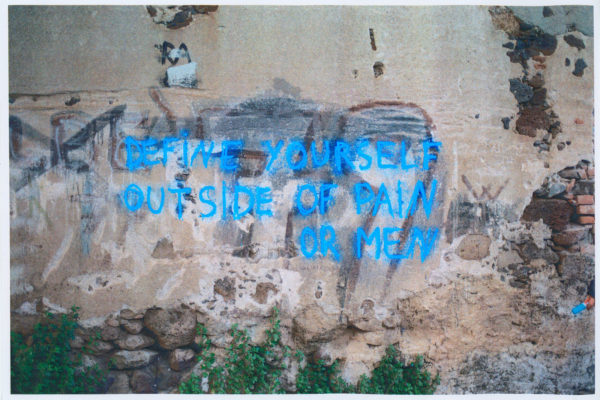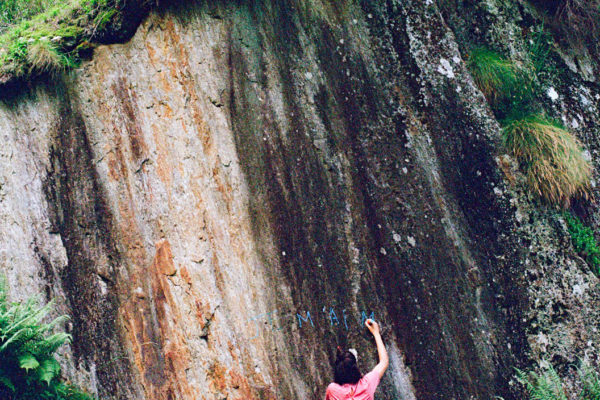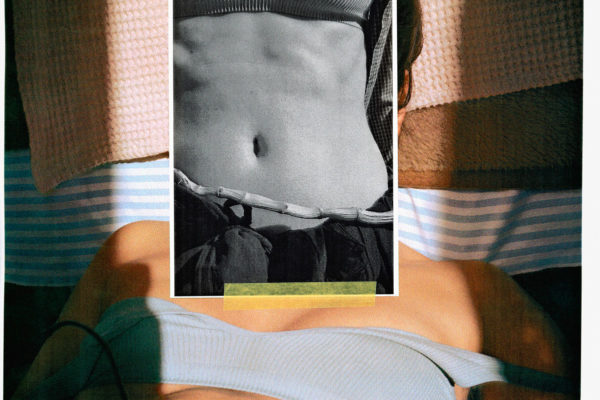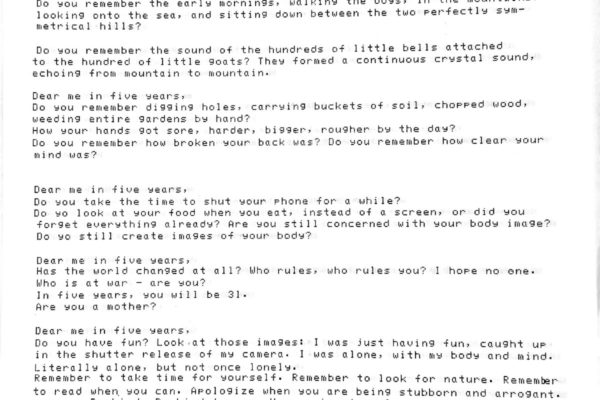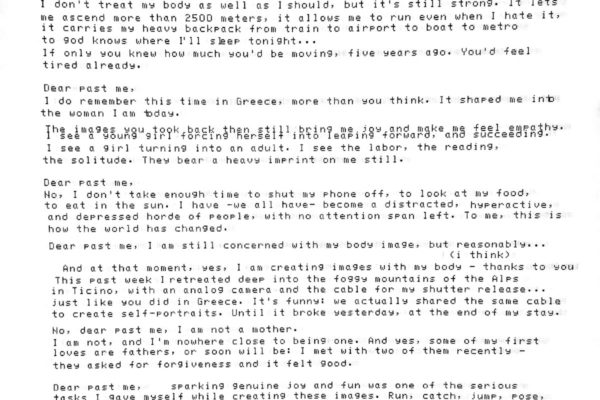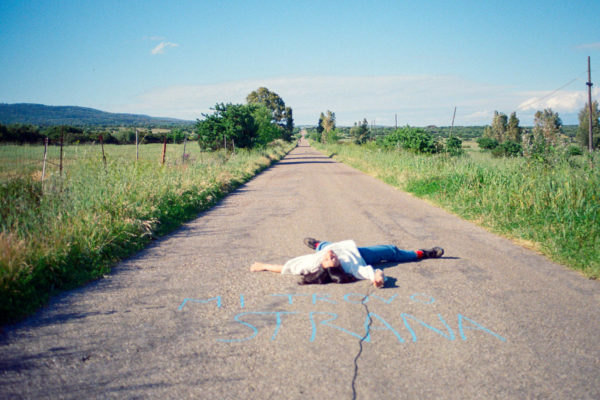Abstract of the accomplished photographic work
I use photography and performance to explore intimacy, identity, and healing. You Can Have It All (2019–2024) is a two-part autobiographical project that blends self-portraiture, writing, and landscape photography to address body dysmorphia, emotional recovery, and self-acceptance. It began in 2019 during a solo trip to the Mediterranean, where I used the camera and performative gestures to reclaim my body and create rituals of resilience. In 2024, I returned to the work through new images and actions in remote mountain landscapes. Nature became both a collaborator and a witness—its solitude offering space to process grief and reconnect. I incorporated intuitive practices often dismissed as “witchcraft”—automatic writing, burning, screaming, and rituals with plants—as feminist tools for transformation. Influenced by artists like Francesca Woodman, Jo Spence, and Ana Mendieta, I treat both the body and the landscape as parallel sites of resistance, storytelling, and healing.
Description of the project you intend to pursue through the Prize
Following up You Can Have It All, I propose to work in Val Verzasca, a rural region of Ticino, in Switzerland. Unlike the manicured image of Swiss perfection, Verzasca reveals a raw and deeply poetic side of the country—marked by depopulation, transhumance, and a landscape shaped by both nature and abandonment. Through self-portraits, land art, and in situ performances, I will collaborate with one inhabitant per village of the valley along the year, asking them to show me a meaningful place and share a story related to it. Documenting a place through people and their personal lives aligns with my opinion that the intimate is collective.
I will respond through performative gestures and written interventions on rocks or plants, using natural materials. Inspired by the valley’s folklore and feminist practices of body art, the work engages with the landscape and the body, as tools of transmission. It is a poetic, political act of listening—where intimacy becomes a way to map the land.

